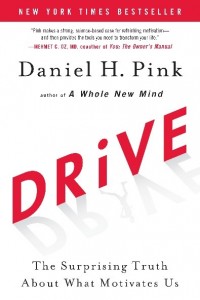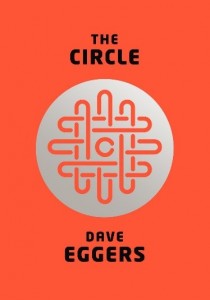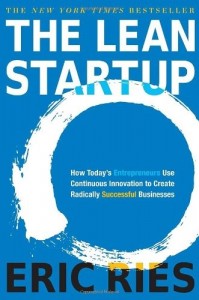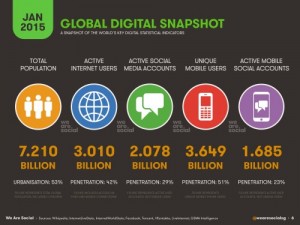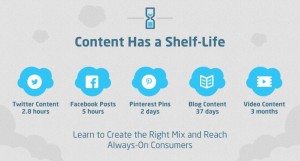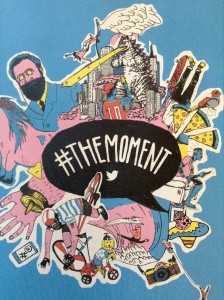Imagine going to University and having no access to the internet. Imagine not being allowed to have a mobile phone. Imagine not being allowed to leave the campus. Imagine eating the same food day in day out and following the same routine every hour of every day. Imagine doing all of that willingly, because you know nothing different.
That is the life of the elite students in North Korea.
I recently read the book ‘Without You, There is no us’ by Suki Kim. Suki is a South-Korean born, American living, journalist. In 2011, she went undercover as a missionary teacher in North Korea to teach English to the elite students at Pyongyang University of Science and Technology (PUST).
Being the same age as the students she was teaching, I read this book with a view for comparison. At times I didn’t believe what I was reading as the level of awareness and willingness to try new things or hear new ideas from the students was almost zero. They couldn’t comprehend the idea of an essay. They used any chances they had to either boast about the Great Leader or to in some way abuse America. Yet as I read more, I felt more sympathy as in their environment, it was virtually impossible to know better.
I’ve tried to think about the main things I have learnt from this book to be able to put it in this post. However I don’t feel as though I can express in words or a list, what it is I’ve learnt. The book was an eye-opener – into the North Korean regime, the trapped world of a student but also the characteristics of human nature that we all share.
Suki has given a TED talk about the book. I encourage you to at least watch this, however I think the book is very powerful to help gain an understanding of the world we live in, so in my opinion, it should be read.




